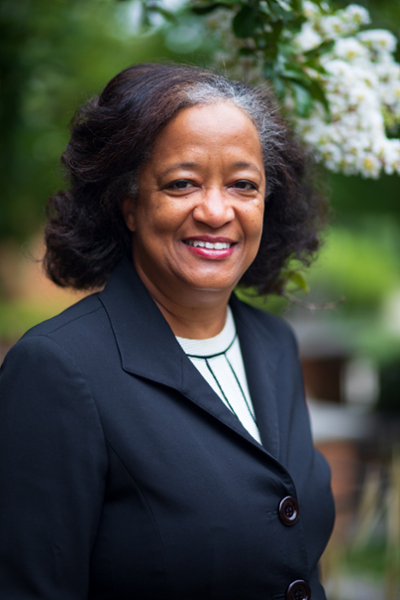
Professor LaJuana Davis has assumed a new role as the director of clinics at Cumberland School of Law. Davis was instrumental in establishing and launching two new clinics in the fall 2020 semester – The Cumberland Innocence Clinic and the Cumberland Veterans Legal Assistance Clinic (C-VETS). Here she shares more about her vision for the future of clinical offerings at Cumberland School of Law.
Why do you feel that it was so important to launch live client clinics at Cumberland?Law school clinics give students practical, real-world lawyering experience. Students put into practice the knowledge and skills that they’ve learned in LLR and their doctrinal classes. The clinics also engage core pillars of Cumberland’s mission: public service, professionalism and community. We hope we can add to the law school’s existing experiential programs in training the next generation of Cumberland lawyers.
What is the significance of getting these two specific initial clinics off the ground?These clinics were obvious choices because they both grew from existing relationships, and they share a common purpose: to help underserved persons with legal issues. C-VETS, our veterans’ clinic, grew from Judge John Carroll and Cumberland students already helping veterans through the Volunteer Lawyers Birmingham help desk at the VA Annex. Cumberland has a strong connection with the military as we have many veteran students and those who have joined JAG Corps after graduation.
For the Innocence Clinic, we were first approached by the Georgia Innocence Project (GIP) for ideas on finding volunteer counsel. The idea of turning their cases into a clinical opportunity came several months after that first discussion. The clinics started in precarious times. The pandemic and resulting economic crisis stalled our ability to visit clients, hire staff, get clinic space, or raise money. But we felt that the work could not wait. GIP’s work in Alabama is ending next year, and because of the work that their attorneys and interns had done to collect documents and information before the pandemic, we had cases to work on.
What new experiential opportunities can students look forward to in the future?We plan to offer two clinics at the Jefferson County Public Defender’s office in spring 2021, pending final approval. The capital trial defense is an opportunity to work on the office’s most serious cases, capital murder trials. The other clinic is the Appellate Defense Clinic where students will learn appellate practice and help write criminal appeals.
Associate Dean of Academic Affairs Jill Evans said, “We are truly excited to be able to add C-VETS and the Innocence Clinic to our curricular offerings. These clinical courses expand on the solid foundation we provide students through courses such as Basic Skills in Trial Advocacy and give students the ability to take that knowledge and play an active role in real world situations where their work will directly affect someone’s life or welfare. It is a sobering responsibility and one that a clinical experience impresses upon students from the outset. Professor Davis has been a driving and welcome force in our quest to afford clinical opportunities for our students which, until now, remained on the horizon. I am looking forward to all that Professor Davis will accomplish as the director of clinics.”
